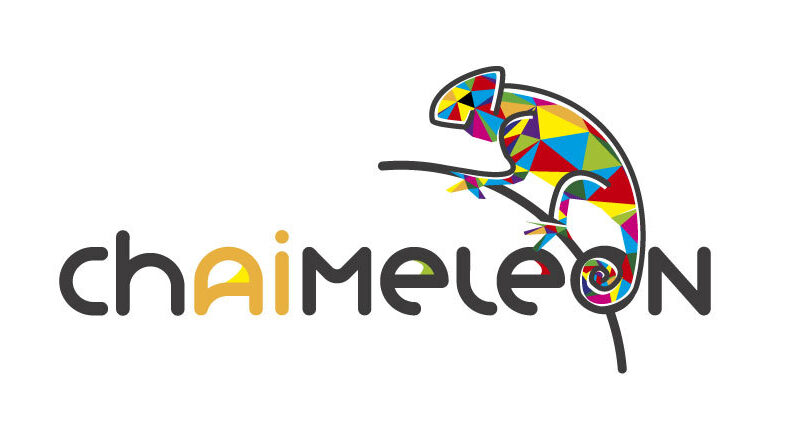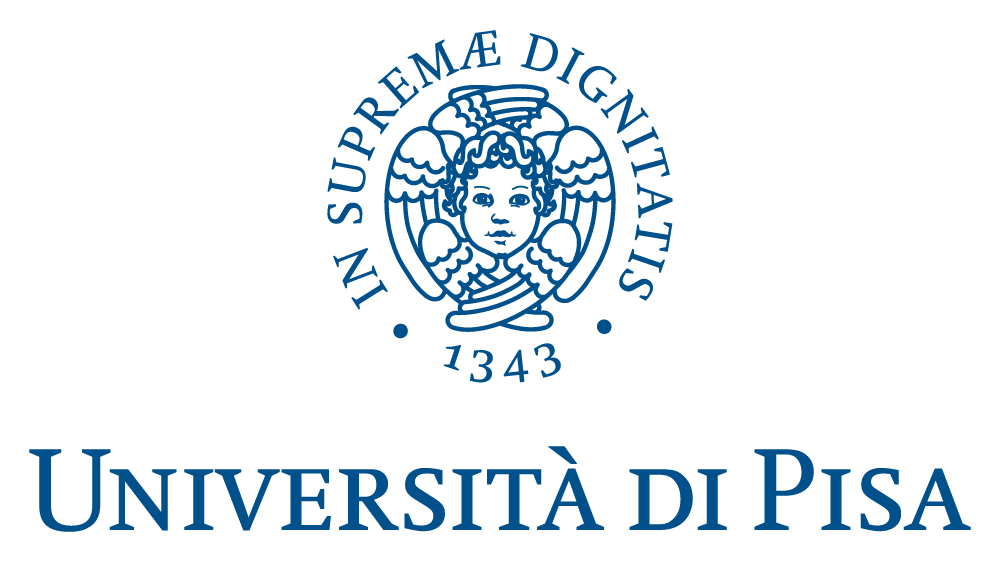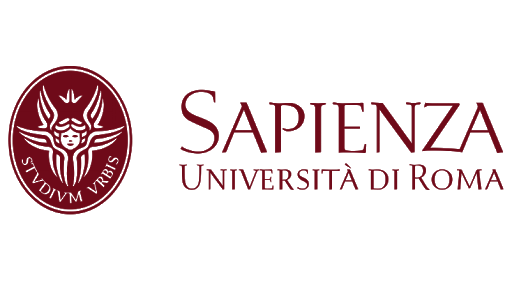Universita di Pisa (UNIPI)
University of Pisa (UNIPI), founded in 1343, is among the oldest and most prestigious universities in Europe. The vitality of higher education and scientific research determines its strength: UNIPI is committed to promoting and supporting research in every field of knowledge, encouraging innovation and openness to new subjects and collaborations between different disciplines. Thanks to the quality of the research undertaken by its academic staff, individually or in teams, UNIPI holds a prominent position in the national and international scientific context.
In this project, UNIPI is represented by the Department of Translational Research and New Technologies in Medicine and Surgery. It is one of the main departments of the medical area of UNIPI, with 91 faculty, 28 postdoctoral researchers and 53 office workers. The Department includes the following academic units: Clinical Oncology, Surgery, Pathology, Microbiology, Molecular Biology, Internal medicine, Radiology, Radiation Oncology and Clinical Pharmacology. Those academic units are also part of the Imaging Department of the Pisa University Hospital. The Imaging Department groups two Academic Units of Diagnostic Radiology and one Academic in Neuroradiology, one Academic Unit of Nuclear Medicine, one Interventional Radiology Unit and one Breast Unit. An Academic Unit of radiation Oncology Unit is linked with the Diagnostic Radiology and Nuclear Medicine in the management of oncologic patients.
Role in the project
UNIPI will be responsible for the creation of a multi-omics Biobank including biomarkers form different sources (omics) and lead the efforts ensuring the sustainability of the CHAIMELEON repository beyond the funding period (WP10).
The multidisciplinary team of UNIPI will provide the following competences:
- Knowledge on Imaging Biobanks structure and development.
- Expertise in Imaging Biomarkers extraction, analysis and clinical validation.
- Involvement in European activities aimed at the standardization of imaging biobanks content, structure and interoperability. Prof. E. Neri is the former Chair of the working group on Imaging Biobanks of the European Society of Radiology and is involved in the joint initiative with the European Biobanking and Biomolecular Resources Research Infrastructure (BBMRI-ERIC).
- Oncologic imaging expertise: The Unit is fully involved in the imaging and management of oncologic patients in multiple tumour types.
- Radiation Oncology and Theragnostic Treatment. The Unit of Radiation Oncology and the Unit of Nuclear Medicine are both involved in the treatment of oncologic patients, theragnostic, even validating new targets and new probes for RIT/radioimmune PET and radio immunotherapy.
Universita Degli Studi di Roma la Sapienza (ULS)
The Radiology Unit at Sapienza University of Rome (ULS), headed by Prof Andrea Laghi: World-class experts on Oncology Imaging, is very experienced in rectal tumour delineation for precise segmentation and in the use of MRI biomarkers in the assessment of response to therapy in rectal cancer.
ULS’s medical research and educational activities are in collaboration with Sant’Andrea Hospital in Rome. Through the combination of clinical, teaching and research, Sant’Andrea is a reference hospital for the study, diagnosis and care on clinical oncology among others clinical specialties. Three last generation CT scanner are available for in and out patients. Radiomic and texture software are available in the department for the data analysis and feature extraction.
Role in the project
ULS has key expertise in specific competencies related to the project. ULS has longstanding experience with clinical approaches and will manage a dedicated imaging protocol for enrolled patients in order to obtain homogeneous and reproducible data.
In addition, ULS povides the specific clinical and radiological expertise for the segmentation analysis of the Imaging data then anonymized and exported in the repository in order to be fully analyzed trough the online platforms in accordance to the other partners’ Artificial Intelligence programs integrated with Radiomic of first and second order and Genomic.
ULS will play a vital role in this project with its team of specialists in colorectal cancer.
Policlinico San Donato Spa (PSD)
Istituto di Ricovero e Cura a Carattere Scientifico (IRCCS) Policlinico San Donato (PSD), founded in 1969, is a clinical-research-university hospital accredited with the Italian National Health Service and it is venue of the Medical University of Milan. Nowadays, the hospital ranks among Italy’s foremost cardiosurgery authorities across Italy and it represents the referral centre for emergency admissions within the cardiovascular surgery, with more than 1500 cardiosurgery interventions per year.
Yet, PSD is a general hospital provided with all the main clinical specializations. Its mission is achieved through three main objectives: personalization of care, efficacy and quality of care, organization and advanced technologies. The hospital was endorsed by the Italian Ministry with the title of Scientific Institute for Research, Hospitalization and Health Care (IRCCS) for the Study and Care of “Diseases of heart and blood vessels in adults and children” (Ministerial Decree 6th March, 2006).
Role in project
The radiology unit of PSD that is involved in the project, is led by Prof. Francesco Sardanelli (University of Milan). The group has led several multidisciplinary panels, task forces and working groups devoted to the definition of guidelines and recommendations for the optimal use of different imaging techniques, especially for breast care. The group has experience in reviewing the evidence on defined clinical field and in providing recommendations providing the level of evidence for each recommendation. The group also has experience in evaluating the quality of clinical guidelines according to the GRADE 2 methodology. The group has a consistent network of partnership with many other hospitals and institutions worldwide for the set up of a multidisciplinary team needed for this task.
PSD are well known in Europe as leaders at breast cancer research, therefore their role is really valuable within the CHAIMELEON Project.





